Barbados Experience with Open RAN for Government Mission Critical Services
Convergencialatina.com | October 07, 2021
Convergencialatina spoke with Julian Jordan, CEO of Neptune Communications. The firm specializing in communications for public safety has a 700 MHz license to develop a system similar to FirstNet in the United States. Our vision is to do in the Caribbean what the United States is doing with FirstNet ”, explained Julian Jordan, CEO of Neptune Communications, to Convergencialatina. The great difference lies in the very nature of the sub-region: different territories on islands, compared to single unified geography such as the North American country.
Our vision is to do in the Caribbean what the United States is doing with FirstNet ”, explained Julian Jordan, CEO of Neptune Communications, to Convergencialatina. The great difference lies in the very nature of the sub-region: different territories on islands, compared to single unified geography such as the North American country.
Barbados undertook a spectrum harmonization process and was the first in the Caribbean to allocate band 14 at 700 MHz, in the fourth quarter of 2020, for a Public Safety Communications Network. Other countries in the sub-region are expected to replicate this, particularly to cope with the effects of natural disasters and hurricanes in the area, according to Jordan.
One of Neptune’s first decisions was to face the project with an Open RAN approach. “There are different applications, ecosystems, and equipment that we want to make available to our clients – governments – and this gives us more options on how to do it, and a higher level of discussion”, he explained. One of the first agreements announced in this regard is with Parallel Wireless, for the delivery of the first 4G LTE solution compatible with O-RAN in the Caribbean.
Anyway, Jordan clarified that this latest announcement is a preliminary step: “There is still no decision on who will be the providers of the national network”.
Regarding the timelines of the initiative for the public safety network, the government of Barbados issued a Request for Information (RFI) on how to approach it. Neptune Communications issued its response and its discussion was pending. The approval of the first phase is expected to occur between the second and third quarters of 2022. The necessary investment is not yet defined.
What will the network be like? Barbados is an island of 432 square kilometers, so Neptune is considering developing a small network that includes submarine, satellite, and fiber connectivity. It will have a mix of acquired and newly built capacity, although the final details will depend on the response of the local government.
Jordan clarified that Neptune already operates as a provider of wholesale satellite services in the Caribbean, Central America, and countries in northern South America such as Venezuela, Colombia, Guyana and Suriname. Therefore, it has access to satellite capacity for the eventual emergency network.
The main interests of the Barbados project are attention to natural disaster management and cybersecurity. “This last point is growing as a matter of national security, and climate change creates great difficulties due to the intensity and frequency of hurricanes”, he concluded.
Source: Convergencialatina | Original Article
